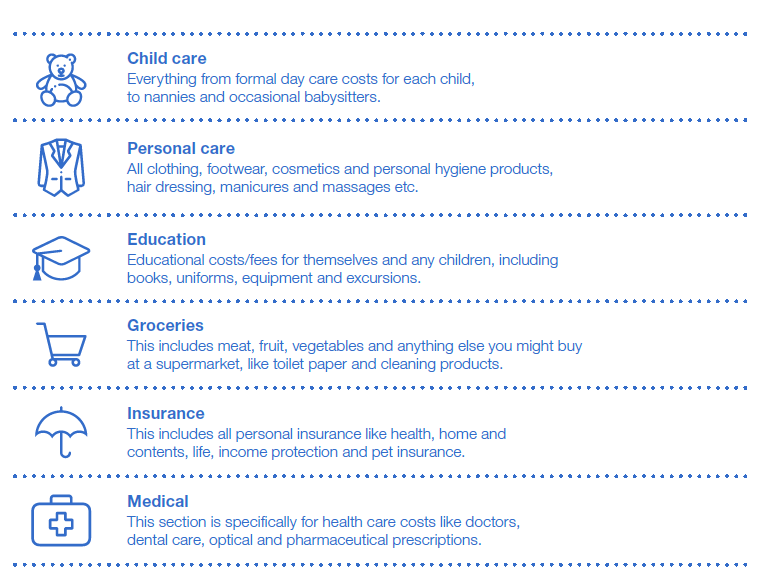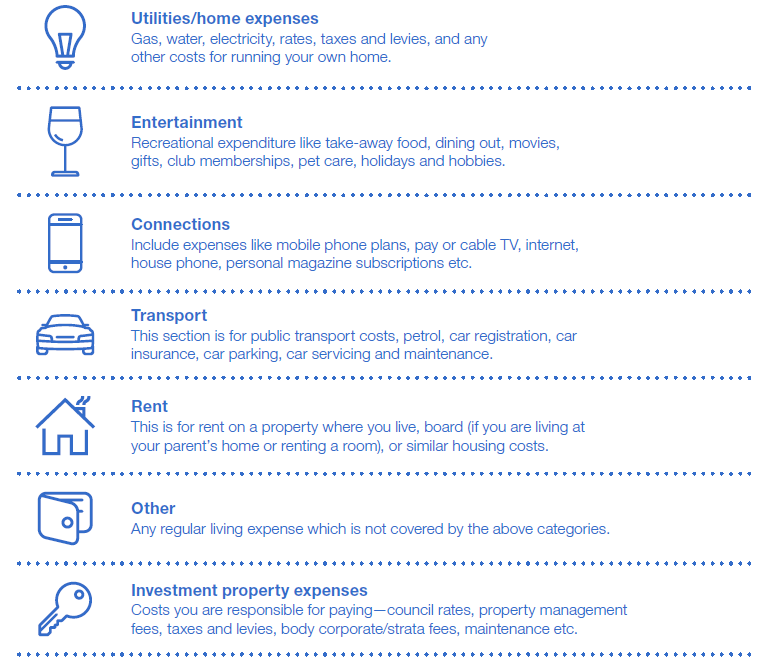There’s no doubt about it – buying your first home is one of the most rewarding experiences of your life! However, it is an emotional journey. Here are 6 feelings you may experience as part of the purchasing roller coaster (buckle your seatbelts – it’s quite a ride!).
1) Excitement at the prospect of buying
You’ve been working hard to save a deposit and it’s finally time to purchase. When that time comes, it’s like someone has opened the door to a whole new world. And it’s an exciting place indeed! At this point, the anticipation is killing you.
2) Confusion about what exactly is involved
You’re a rookie, so of course, the purchasing process can seem overwhelming and daunting. Where does one start? What kind of research is required? What type of loan is right for your needs?
Here’s a quick rundown of the steps involved:
1. Apply for pre-approval
2. Do your research and find the right home
3. Have your conveyancer check the contract of sale
4. Organise building and pest inspections
5. Put in an offer or go to auction
6. Finalise your home loan
7. Do a final inspection on the property
8. Settlement
9. Move-in!
3) Relief when you discover how we can help
Ahhh, you’re not in this alone. That’s right – we can walk you through the buying process, starting with the research component. Our free suburb and property reports offer a wealth of information, from details about capital growth and median values to recent sales data.
Next, we’ll take care of your finance for you. We can:
- Explain your borrowing capacity (how much a bank will lend you)
- Arrange pre-approval on your finance (so that you’re ready to make offers or bid at auction)
- Explain loan features that may save you money in interest (for example offset accounts and redraw facilities)
- Line you up with the right home loan for your specific needs
- Take care of the paperwork for you.
4) Exasperation as you look for the right property
If you’re one of the lucky ones who finds the right property early, you may escape the exasperation stage altogether. However, if you find your weekends being consumed by inspection after inspection to no avail, it can leave you feeling exhausted and discouraged.
Don’t despair – your dream home is out there. Just remember, with every inspection you’re one step closer to the thrill of finding your very own pad!
5) Nervy during negotiations
You know when you’re at the top of the roller coaster incline and it’s about to drop? Waiting for a vendor to accept your offer or fronting up at an auction can feel a bit like that. There are bound to be butterflies in your stomach – just hold on tight and remember the best is yet to come.
6) Elation when the paperwork is signed and it’s yours!
There’s nothing as rewarding as receiving a shiny new set of keys and walking through the front door into your own slice of real estate. You’ve survived the journey and probably even enjoyed it! It’s at this point you’ll feel pure, unadulterated joy.
Buying your first home is an experience you’ll never forget. The thrill. The adrenalin. And the rush of emotions when it’s finally yours are hard to beat. If you’re ready to purchase your first home, please get in touch. Let us be your conductor; you just enjoy the ride.

Connolly Wealth Management
Level 1, 441 South Road
Bentleigh VIC 3204
(P) 03 9591 8000
(F) 03 9530 8375
(E) chris@connollywealth.com.au
(W) www.connollywealth.com.au
Disclosure: Christopher Connolly (280099) and Connolly Wealth Management Pty Ltd (333350) are Authorised Representatives of Wealthsure Financial Services Pty Ltd AFSL 326450.
Disclaimer
The information contained in this email and its links/attachments are general in nature and does not take into account your personal circumstances, financial needs or objectives. Before acting on any information, you should consider the appropriateness of it and the relevant product having regard to your objectives, financial situation and needs. In particular, you should seek the appropriate financial advice and read the relevant Product Disclosure Statement or other offer document prior to acquiring any financial products.





